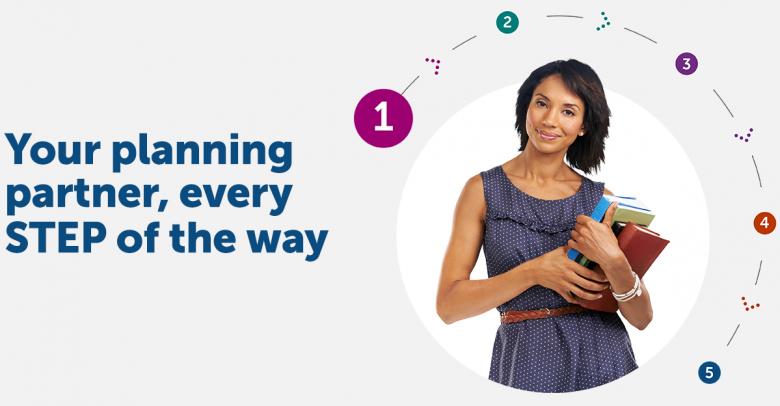Education is a business of buzzwords. It’s the only way to boil down complicated theories, pedagogies, and trends into concepts that can be conversed about without a PowerPoint. To make matters worse, the educational sands are always shifting, taking the concepts along with them. Here are the education reform topics that are on the horizon or are just starting to reach prominence.
Adaptive learning
Now that we’ve wrapped our heads around bringing as many devices into our schools as possible, the focus is now on what we do with these devices. The leading candidates are any software that features adaptive learning. Instead of just presenting a curriculum, these products are in a constant state of formative assessment and differentiation, molding the presentation to the needs and preferences of each learner. When done well, it can significantly ease the burden of the classroom teacher.
Standards-based grading
We all remember how grades are just as much a measure of how compliant and organized a student is as how much they’ve learned. Whether they turn their homework in time is the same as test scores. To many, that seems inauthentic.
Instead, grades are based on a simple proposition-what percentage of the curriculum has the student currently mastered in relation to where they should be? If Johnny has mastery over 82 percent of the standards so far, he gets a B. Simple as that.
Student-centered learning
The antecedent to subject-centered learning, where the business of the classroom is driven by the curriculum and what needs to be learned at what time. Student-centered is a concept that has been around for decades but is receiving a new level of attention in the Common Core era. It melds differentiation, non-standard pacing, and interest-based learning into a kid-friendly package.
Data-driven/big data/analytics
You might think that the majority of your decisions are data-driven, and you’re probably right. The concept of data-driven education, however, is to take a much deeper dive into the data using analytics software in order to make decisions about everything from budgeting to scheduling.
For example, students from a particular neighborhood have shown a history of success with young, female teachers. That information hasn’t been available until now. If your software uncovers that fact, you can schedule those students accordingly.
Project-based learning
PBL is the concept of basing a lesson or an entire curriculum toward the completion of a real-world project that not only provides students with background knowledge but also skills that will be needed in the college-and career-ready world. In other words, the question “Where are we going to use this?” no longer exists.
For example, your biology class spends an entire grading period preparing to analyze DNA samples to figure out whether the fish that appears on their restaurant plates is the Atlantic cod the restaurant said it was.






Leave a Reply